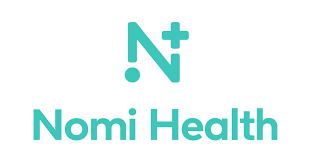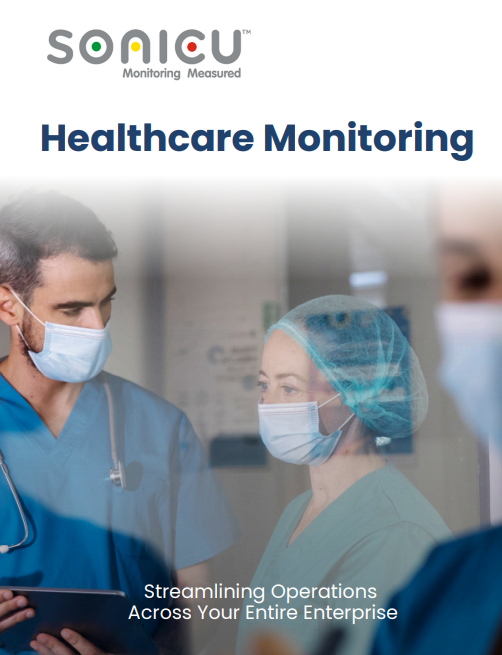
Healthcare Monitoring
Overview of Sonicu's cloud-based platform for real-time environmental monitoring.
Sonicu offers a comprehensive suite of monitoring solutions
that help organizations safeguard assets, automate compliance and reduce manual processes.
From protecting vaccines and research materials to safeguarding food service and facility operations, Sonicu’s monitoring applications cover temperature, humidity, pressure, and more. Whether you’re in healthcare, life sciences, food safety, or other industries, Sonicu provides visibility, compliance, and peace of mind across all your critical applications.
Designed with safety, efficiency and compliance always top of mind, we’ve evolved over a decade with continuous improvements from customer feedback. Serving the healthcare, research and food service industries.
Whether you're solving basic temperature monitoring needs or managing complex, multi-environment compliance, Sonicu’s full line of meters, sensors, and hubs has you covered.
Sonicu offers a comprehensive suite of monitoring solutions
that help organizations safeguard assets, automate compliance and reduce manual processes.

Understanding Heat Stress and OSHA Regulations: How to Protect Your Employees and Ensure Compliance
.png?width=280&height=353&name=Compliance%20Logo%20Hexagon%20(2).png)


.png?width=95&height=95&name=image%20(9).png)

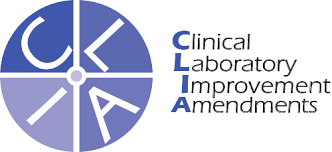


Satisfy Joint Commission standards with continuous monitoring, audit trails, and automated reporting that streamline inspections and support corrective actions.
Healthcare facilities face staffing shortages, reimbursement challenges, and rising compliance demands. Maintaining the Joint Commission standards must be as easy and efficient as possible. Sonicu simplifies your path to compliance and accreditation with automated environmental monitoring, real-time alerts, and audit-ready reporting delivered to your inbox.
Ensure compliance with the Joint Commission standards by leveraging:
✔ Continuous monitoring of temperature, humidity, and differential pressure
✔ Automated alerts for excursions and missed checks
✔ Documentation of corrective actions with full audit history

Meeting CDC VFC program requirements doesn’t have to be complicated or time-consuming, especially when your time and resources are limited. Sonicu delivers a simple, proven solution to protect vaccine integrity and satisfy state reporting standards without adding to your team’s workload.
With continuous temperature monitoring, automated alerts, and digital logs sent directly to your inbox, Sonicu eliminates the need for manual checks or paperwork.
No IT required. No complicated setup.
Keep vaccine inventory safe and compliant with CDC guidelines through:
✔ Buffered sensors that mirror vaccine conditions
✔ Automated logs that meet VFC reporting requirements
✔ Smart alarms to prevent temperature excursions

Sterile compounding and hazardous drug handling come with strict environmental control requirements, and Sonicu is purpose-built to meet them.
Unlike rigid systems that force you to overhaul your workflows, Sonicu adapts to your existing pharmacy infrastructure. Our wireless platform supports API integrations with leading pharmacy workflow and Building Management System software, giving you total visibility without disruption.
With a full suite of sensors and compliance-ready reports, Sonicu makes it easy to meet USP <797> and <800> requirements for temperature, humidity, differential pressure, and cold storage while keeping your staff safe and inspectors satisfied.
Support sterile and non-sterile compounding with:
✔ Monitoring of room temperature, humidity, and differential pressure
✔ Automated reporting for regulatory audits
✔ Optional particle counter integration for air quality

Simplify FDA compliance with automated documentation, audit trails, and platform features aligned with CFR 21 Part 11 guidelines.
From 21 CFR Part 11 to audit trails and IQ/OQ validation, Sonicu simplifies FDA compliance. Our platform, designed from the ground up to meet FDA manufacturing requirements, includes security across solutions. Sonicu combines AWS cloud hosting, validated software, and e-signature support to meet electronic recordkeeping and data integrity requirements in regulated manufacturing environments.
Whether you're manufacturing pharmaceuticals or ensuring food safety, Sonicu delivers the documentation, environmental monitoring, and system security your quality team demands, with the flexibility and simplicity your operations need.
Meet FDA requirements across life sciences, labs, and manufacturing with:
✔ Electronic signatures and audit trails for CFR 21 Part 11
✔ Long-term data retention and secure access control
✔ Custom alert thresholds with tiered escalation

Automate Your HACCP Plan. Protect Your Food from Spoilage.
Every food service operation and kitchen needs a HACCP plan, but relying on clipboards and manual logs puts your compliance and reputation at risk. Sonicu makes it easy to automate your critical control point monitoring with wireless temperature sensors and cloud-based corrective action logs.
Get audit-ready reporting, reduce staff burden, and meet local health department expectations with a system built to simplify HACCP compliance.
Protect food safety and simplify compliance with:
✔ 24/7 monitoring of cold storage and prep areas
✔ Digital logs that eliminate manual recordkeeping
✔ Real-time alerts to avoid spoilage

Our wireless monitoring and automated reporting tools help you implement and maintain FSMA-compliant preventive controls across processing, storage, and distribution environments.
Ditch the manual logs and clunky systems. Sonicu delivers real-time visibility, digital records, and alerts your team needs to simplify compliance and respond with confidence during inspections.
Strengthen your food safety protocols with:
✔ Real-time alerts for storage or processing excursions
✔ Full visibility across facilities and locations
✔ Digital recordkeeping for preventive controls and audits

As OSHA expands enforcement around heat stress, Sonicu helps you stay ahead of workplace safety compliance. Our wireless sensors track temperature, humidity, and calculate heat index automatically, helping you identify and respond to dangerous conditions before they impact your team.
With real-time alerts, digital logs, and cloud-based reporting, you’ll be equipped to meet current and emerging OSHA standards without increasing manual workload.
Protect employees and stay compliant with:
✔ Threshold alerts for temperature, air quality, and humidity
✔ Logging of safety incidents and environmental conditions
✔ Site-wide dashboards to track and respond to hazards








Sonicu’s SNAP Calibration program and automated compliance capabilities provides an easy & cost-effective way to maintain regulatory compliance without the hassle of conventional recalibration and other manual processes.
With SNAP Calibration enrollment, Sonicu provides new sensors with NIST traceable calibration certificates prior to your current expiration date. Calibration compliance is as easy as removing the old sensor and snapping the new sensor into place.
Our cloud-based software platform provides full visibility to multiple sensors and locations, streamlines corrective action tracking, and automates reporting and logging for efficient regulatory compliance.
.png?width=1250&height=937&name=Stay%20Ahead%20of%20Compliance%20and%20Downtime%20(1).png)
Ensure patient safety and regulatory compliance with confidence. Sonicu provides reliable, 24/7 monitoring for vaccines, labs, blood banks, and cleanroom environments, helping you protect patients and maintain critical standards.
Provide automated environmental monitoring that supports a wide range of pharmacy types. Sonicu streamlines regulatory compliance, protects high-value medications, and reduces operational risk. From continuous temperature, humidity, and pressure monitoring, our platform gives you the tools to simplify compliance for USP, BoP, CDC, and more.
Protect food safety at every stage. From manufacturing to distribution and commercial kitchens, Sonicu helps protect food safety at every stage. Our real-time temperature monitoring, smart alerts, and automated digital logs support compliance with HACCP and FDA regulations, ensuring your food stays safe, your operation runs smoothly, and you're always inspection-ready.






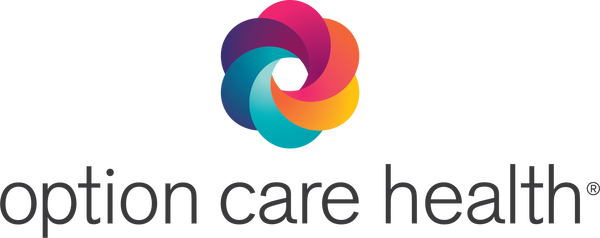

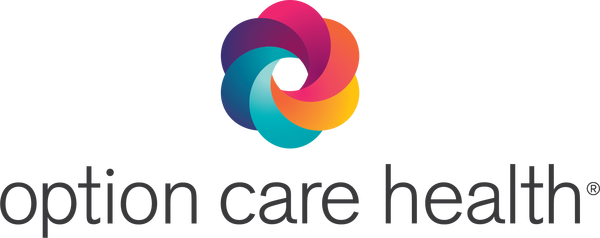




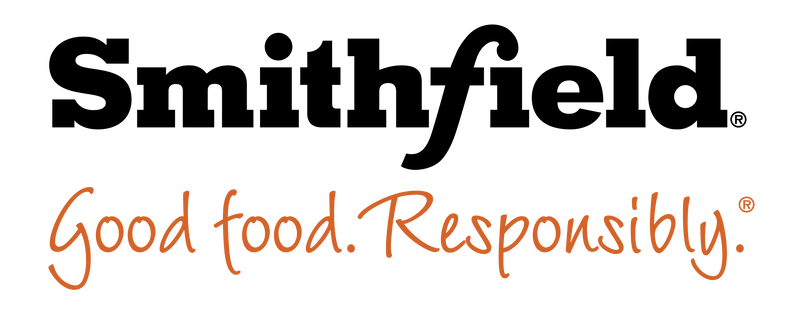
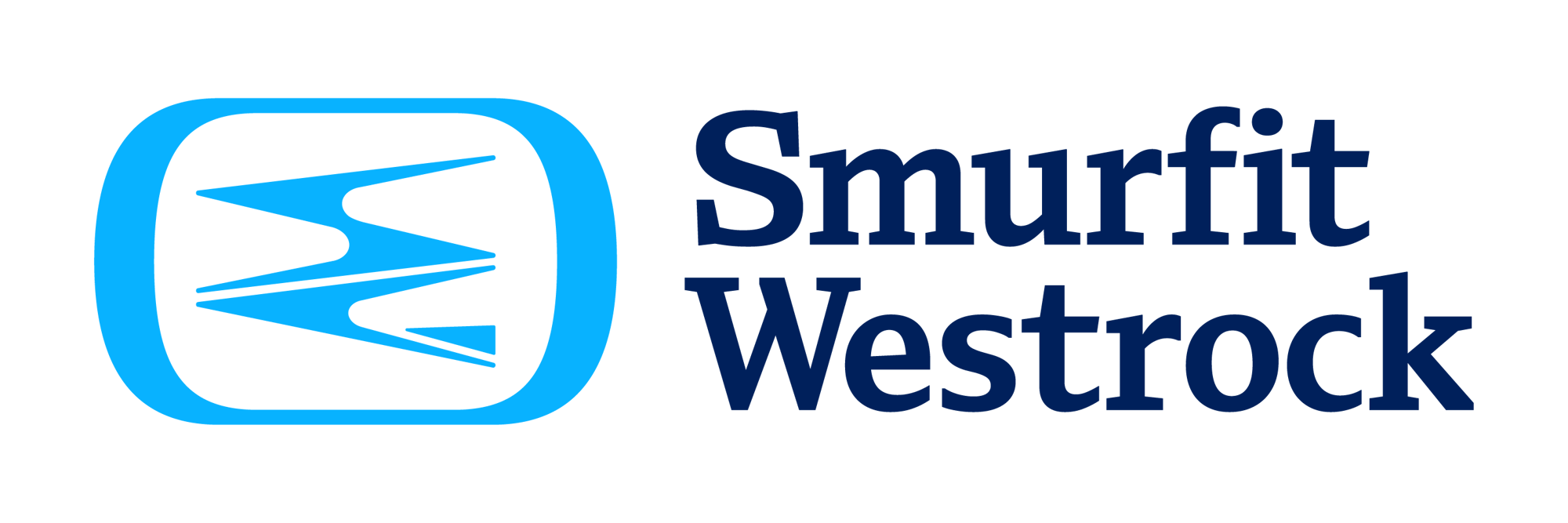
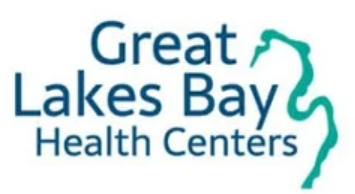

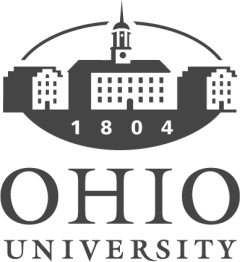

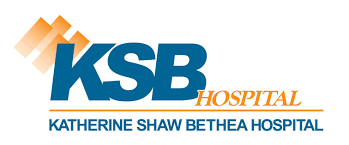
Our policy is to check temperatures on all our fridges and freezers twice a day. With small outlying clinics that aren’t staffed seven days a week, we’d come in Monday morning, hoping the temperatures held steady over the weekend. We needed visibility on the fridges, especially after the loss we just suffered.

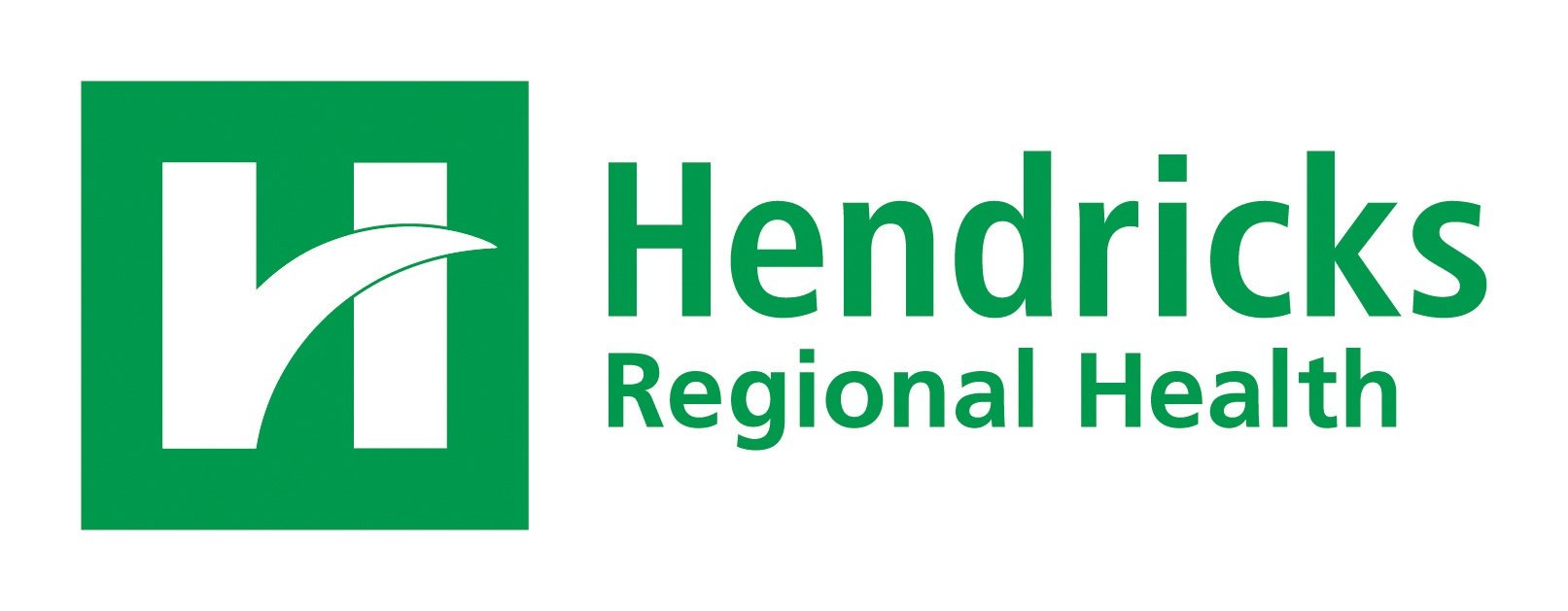

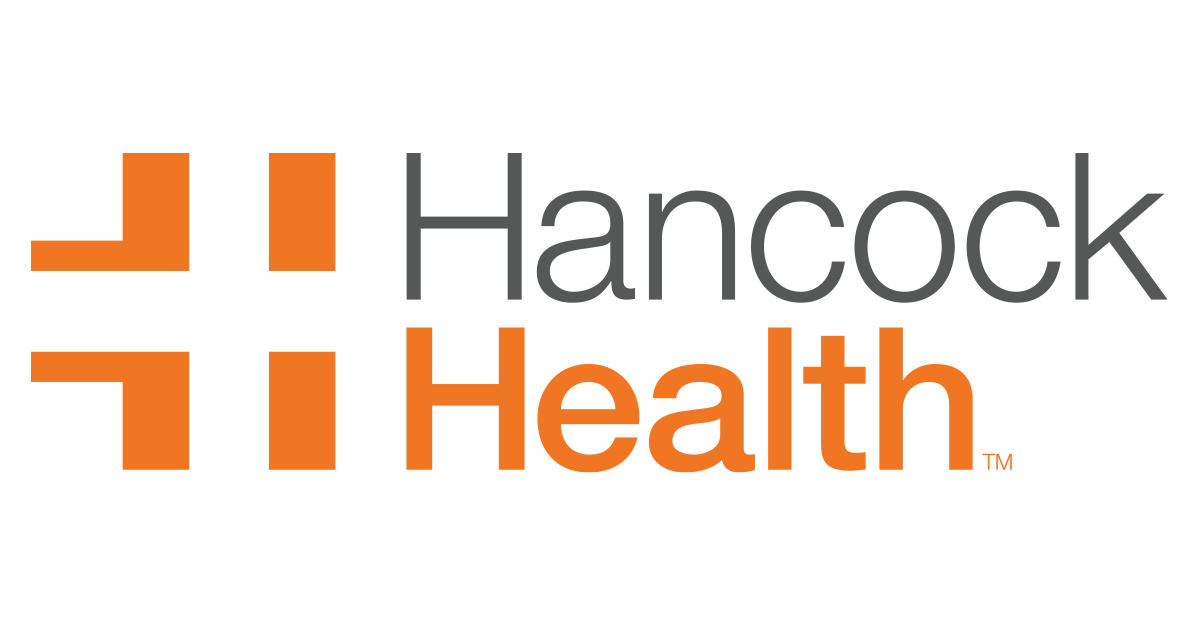
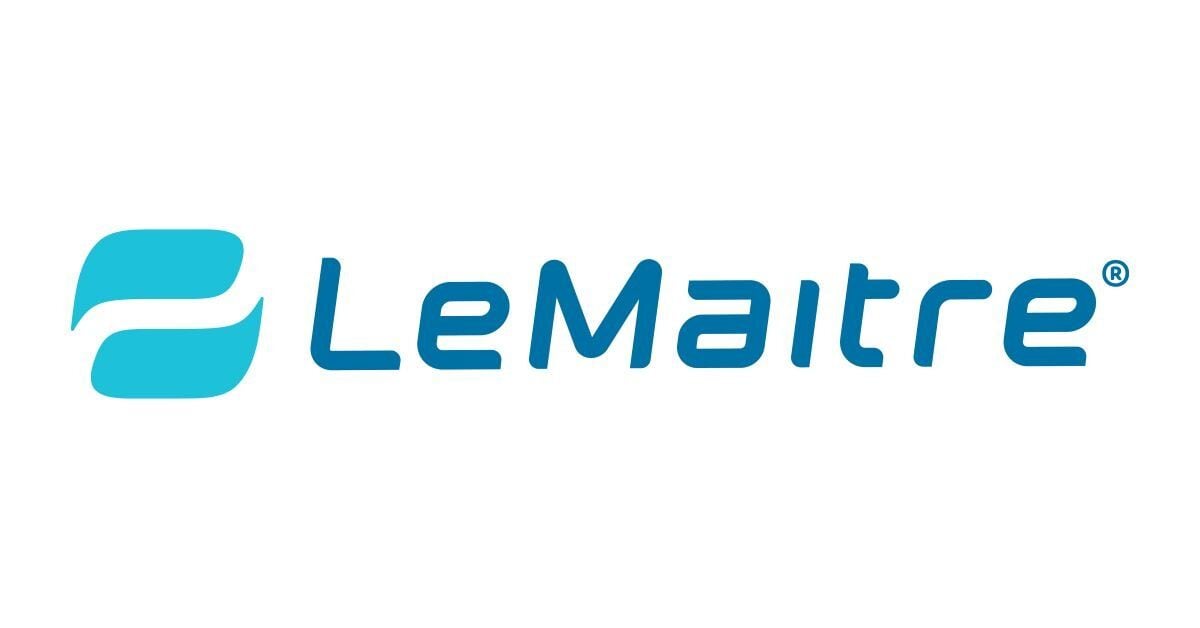
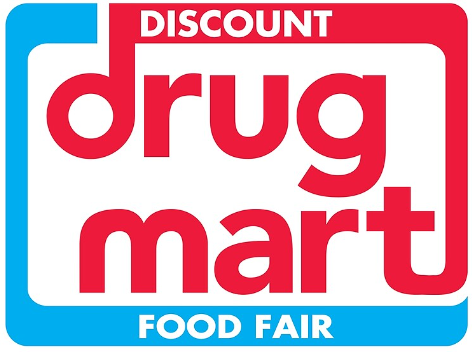
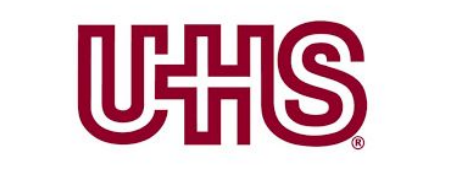

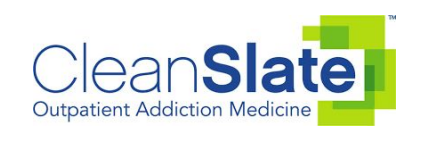
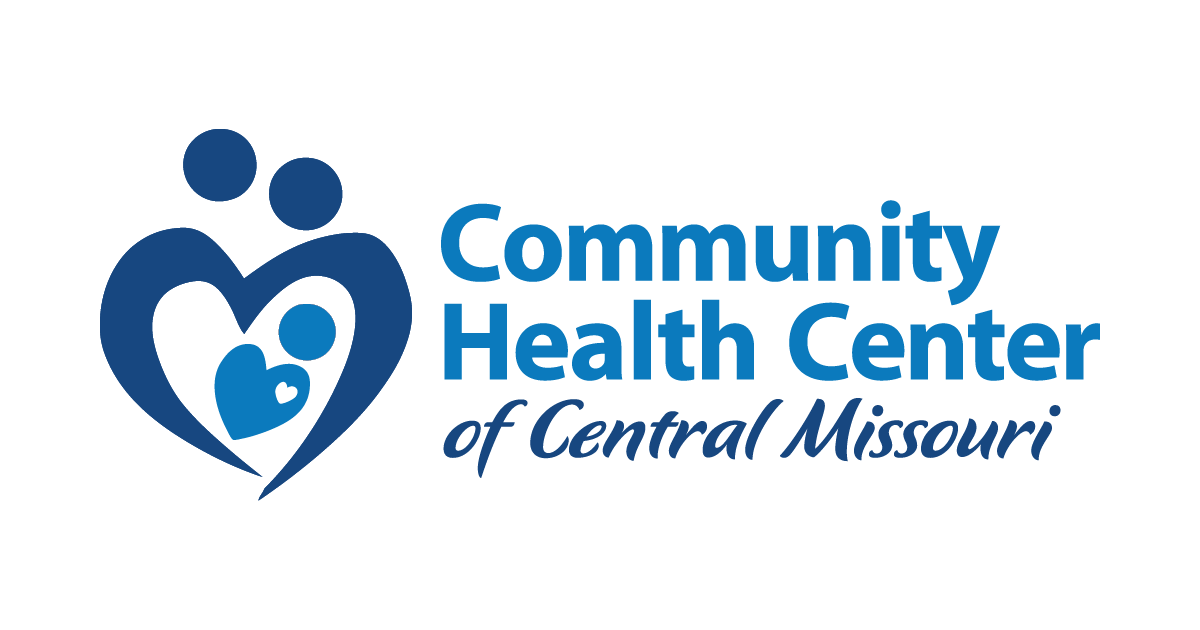
When we put the numbers in front of our leadership and showed them how much time we were going to save with a remote system and automated monitoring versus the time we used to spend managing the system, it was a no-brainer, and we pulled the trigger right away.

